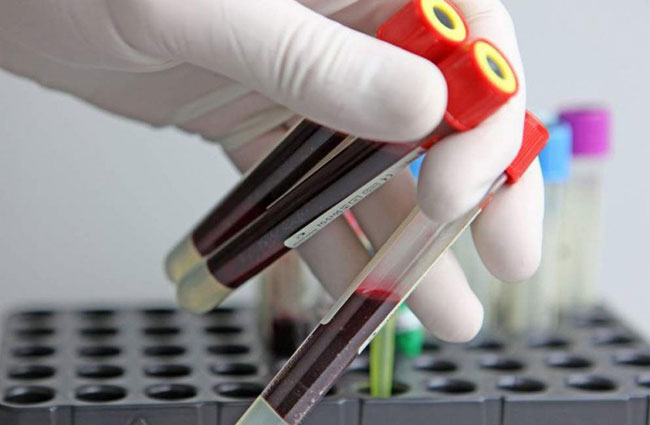For most couples, the journey together through life is a conventional one with many well-trodden paths to follow. Starting a family is one of the best examples of this, with the expected progress of a woman becoming pregnant, carrying that baby to term, and eventually giving birth to a new baby, to start a new life together as a family. Unfortunately, the most common path to follow is not always the easiest one, or even a possible one, for some people with dreams of starting a family.
A couple, for example, may find that a woman is medically incapable of becoming pregnant because uterine cancer earlier in her life required the surgical removal of that organ. In other cases, a woman may have a medical consideration, such as a heart condition that would put both her and a baby at serious health risk due to the intense demands pregnancy has on a woman’s body.
Fortunately, there are solutions to these obstacles, such as going to a surrogacy center. In some cases, a couple hoping to start a family may even consider traveling outside their country of residence and going to a surrogacy center in the country of Georgia. But what is a surrogacy center, and why would a journey to a Georgia surrogacy center make a difference?
What Surrogacy Centers Do
In the simplest terms, a surrogacy center makes the experience of a surrogate pregnancy easier, faster, and safer for everyone involved. For a couple who is unlikely to have any experience with this, a lot of research, time, and even financial investment is required to get up to speed on the way to safely transact a surrogacy agreement with someone suitable. For a potential surrogate mother, making sure the right people are being worked with, and having a clear plan for how to move forward are things she would have to do herself or work together in conjunction with a couple who may similarly lack experience.
A surrogacy center is a place where the staff involved are thoroughly experienced in managing all the crucial steps of surrogate motherhood to successful delivery. With the most comprehensive centers, they play a crucial support role in the beginning, carefully evaluating, screening and vetting all potential surrogate mother candidates, to ensure they are verified and as safe as medically possible. This means that the couple doesn’t have to undergo a huge search and screening process themselves, but spend time looking at promising, safe choices, and meeting and working with a woman that best gets along with the couple is suitable for the situation.
Pregnancy Management
A good surrogacy center doesn’t necessarily stop its job after pairing a hopeful couple with a suitable surrogate mother. In some cases, helping to facilitate the pregnancy itself can be the phase the center helps with. Some couples, for example, would like to have a gestational surrogacy. This means that the sperm from the man and egg from the woman are fertilized in a laboratory. Upon confirmation of fertilization and, if required, genetic screening to ensure no disorders like Down’s Syndrome are present, the fertilized egg is then implanted in the surrogate mother.
This means that, genetically, for all intents and purposes, the baby born is “traditional” in that it has DNA that is an equal, 50% mix of each parent. The surrogate mother has no genetic connection to the child at all but provided a critical safe environment for that child to grow.
This type of elaborate surrogacy means knowing which facilities to contact to manage the different steps, such as specimen collection, fertilization, diagnostic screening, and implantation. An established surrogacy center often has the connections in place to smoothly facilitate all of this with established partners.
The Georgia Difference
Georgia is a popular destination for people thinking about surrogacy for many reasons. One of the most important for many is that Georgia had solid laws placed within its constitution that protect the rights of parents to a surrogate child. If a legal document has been properly filled, the surrogate mother, that is, the birth mother has no legal claim on a baby as a parent. There are some countries, such as France and Germany, where surrogacy is illegal.
Another factor is the legal assistance. Because of the differing laws in other countries regarding surrogate babies, the legal status of a surrogate child is far from guaranteed. Without proper preparation before entering some countries, a surrogate child may not be recognized as a citizen or granted any rights, and thus have a “stateless” political status. Working with an experienced surrogacy center in Georgia often means getting the proper legal counsel and actions required so that there are no unpleasant surprises with a newborn when attempting to reenter the country of residence and start a new life together as a family.


